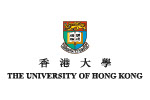Nourishing the
middle ground
While top students receive opportunities and attention and struggling students receive help and support, the more average student may be left feeling ignored. HKU’s Centre of Development and Resources for Students (CEDARS) is striving to ensure the people in the middle get their time in the sun too.
Back
CEDARS is HKU’s Centre of Development and Resources for Students, a body which aims to enrich students’ time at university and to ensure they get a well-rounded learning experience inside and outside of the academic environment. Dr Eugenie Leung, Dean of Student Affairs and head of CEDARS, looks upon it as preparing them for life, as well as learning, and she wants all students to be able to take advantage.
“It is undeniable that the good opportunities tend to go to top-performing students,” said Dr Leung, “particularly when it comes to scholarships, exchanges to top overseas universities and being asked to MC large-scale University events. By the same token, students in the bottom end of the spectrum in terms of academic ability also get a lot of support. But that leaves the majority in the middle who may think these opportunities are not for me.
“We feel there should be more opportunity across the board. HKU has always striven to create opportunity for all, but now we are actively concentrating on doing more to empower every student, by introducing activities to foster confidence and skills.”
One such project offers undergraduates the chance to act as student hosts at events designed to put them in the limelight. CEDARS’ aim is to work not for but with students, and this project gives them the opportunity to co-host and co-organise CEDARS events. They can be MCs, stage-hands and panelists, and they can act as tour guides for visitors to the University, and coaches to other students.
Social mentors
Another opportunity invites undergraduates to become Student Induction Instructors (SIIs) in the Orientation and Non-academic Induction Programmes for new students. “Each SII is responsible for 10 to 15 new students,” said Dr Leung, “and will be on-hand to help them adjust to university life, show them how it all works and how to get the best out of their time at HKU. Our colleagues on the academic side are already looking after educational mentoring, but SIIs are there to look after the social side. We train them how to lead, how to facilitate discussions and how to organise activities.”
As well as looking after the freshmen, CEDARS also takes care of the parents of first-year students, and undergraduates are given the chance to help here too. “Volunteers were invited to come to an event called the University Life Trio and chat to parents of new students, advising them on letting their child embrace university life,” said Dr Leung. “They also talked over some of the more difficult areas for parents, such as how their children are now young adults and it’s time to let them make their own decisions and grow.”
For the volunteer’s own benefit, CEDARS’ careers section focusses on helping them prepare for life after HKU, by helping them improve their CVs and coaching them on how to present themselves at a job interviews.
CEDARS has also found a creative way to give them confidence in their English-speaking capabilities through a project called Survival Cantonese, which is aimed at helping foreign students new to Hong Kong. Volunteers teach them about 30 Cantonese phrases to help them get around in Hong Kong.
”This scheme is particularly good for building the student volunteer’s confidence, as it enables them to mix with non-Cantonese speakers in a useful capacity. They tend to forget their doubts about their own English language skills and concentrate instead on teaching someone who is new to town and has no Cantonese skills at all.”
As an added incentive, CEDARS not only recognises students’ achievements in outside non-academic services, competitions and events, but also those who help out voluntarily at university activities. Less visible tasks include helping other students with disabilities, such as note-taking for those with hearing needs, editing for those with visual impairment and social coaching for those with communications challenges.
“These are not grand tasks, they are small things and they do them in a low-key manner,” said
Dr Leung. “To show our appreciation, we now feature student stories on the CEDARS webpage, we have developed a Reward Scheme and we hold an annual Recognition Ceremony in April. These serve as recognition of their altruism, and also work as incentives to other students to get involved.”
There are countless ways to do so: On the more practical side, CEDARS recruits and trains them to be student technicians for productions in the campus Chong Yuet Ming Cultural Centre, and they also engage students as writers, designers, photographers, etc.
Dr Leung said: “It is about involving them in all areas – they can help out when they have time but it won’t interfere with their studies. They are not just learning from us skills they can use in later life, they are working with us.”
She emphasised: “Don’t read me wrong – all our students are top students, they just see themselves as average among their outstanding peers. We do have top students in the above programmes, as they pool together students of different abilities and interests to work together!”
(72dpi).jpg?crc=228712485)
![]() HKU has always striven to create opportunity for all, but now we are actively concentrating on doing more to empower every student, by introducing activities to foster confidence and skills.
HKU has always striven to create opportunity for all, but now we are actively concentrating on doing more to empower every student, by introducing activities to foster confidence and skills. ![]()
Dr Eugenie Leung
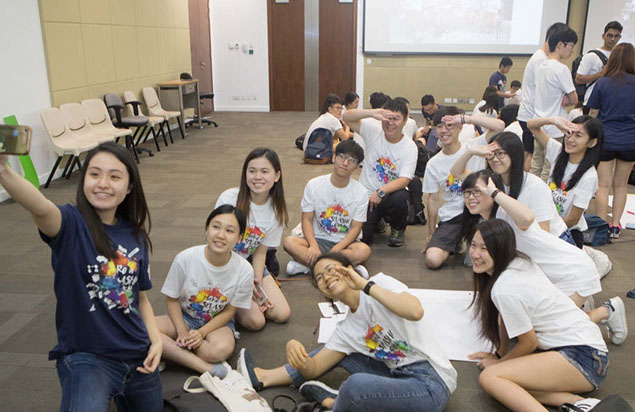
Student hosts chatting with parents at the University Life Trio.
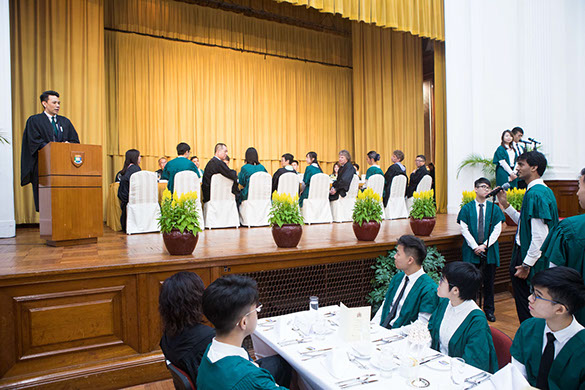
Student hosts serving as MCs and facilitators in Head Table during the High Table Dinner of CEDARS
Non-academic Induction Programme.
Student hosts sharing in the panel discussion of University Life Trio for Parents of First Year Students.
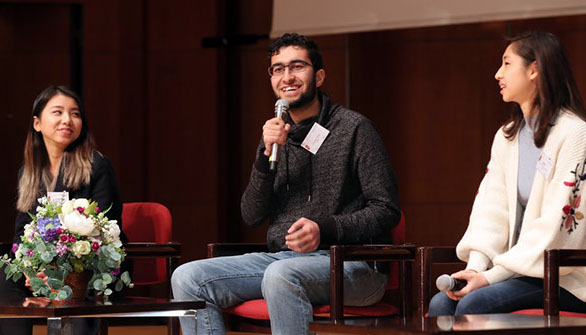
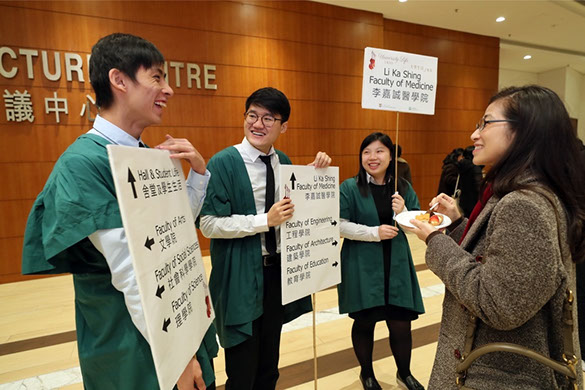
A Student Induction Instructor leading her group of freshmen during CEDARS Non-academic Induction
Programme.
Home
May 2019
Volume 20
No. 2

Teaching and Learning
